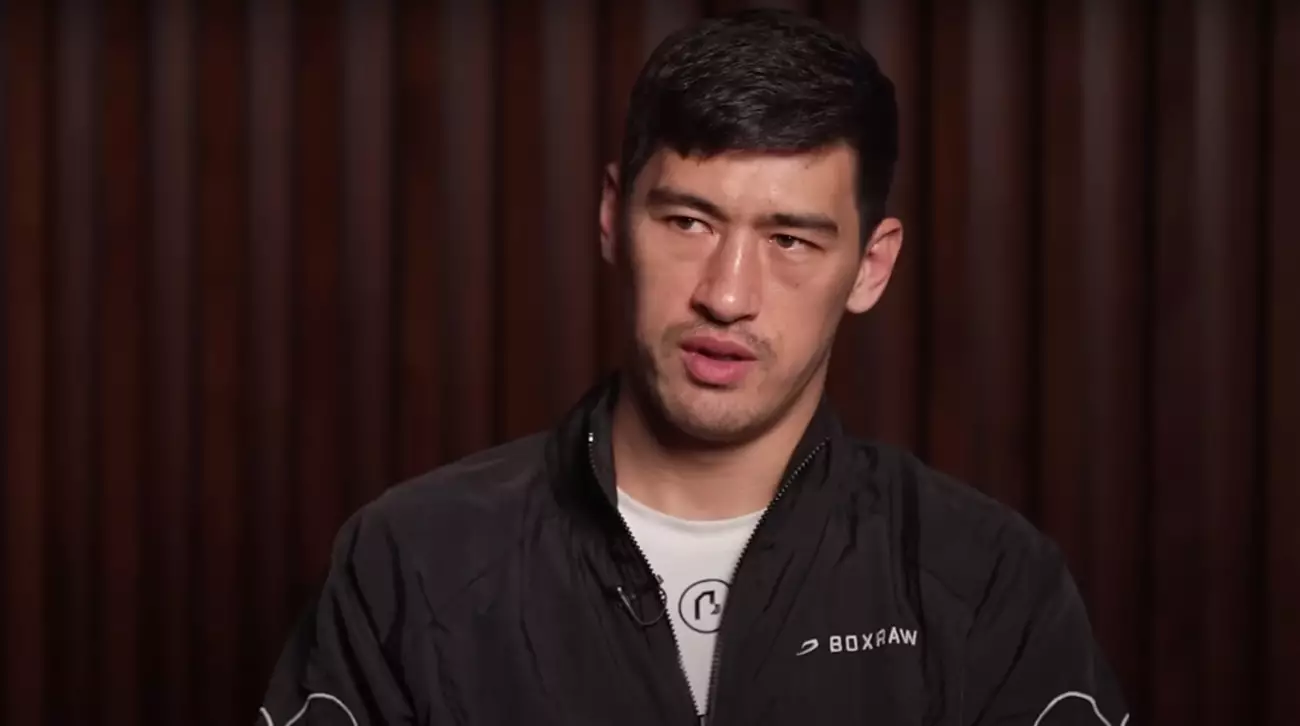Dmitry Bivol’s rematch with Artur Beterbiev on February 22nd in Riyadh has sparked renewed interest in their contrasting styles and fight strategies. Their first bout, held on October 12th, showcased a fascinating contrast between Bivol’s technical prowess and Beterbiev’s relentless aggression. While the clash culminated in a majority decision favoring Beterbiev, Bivol’s reflections on the experience reveal deeper insights into the psychology of preparation and fight execution.
Bivol candidly stated that he had anticipated a level of punching power from Beterbiev akin to that of “Superman.” This expectation underscores a common phenomenon in combat sports: the legendary aura that surrounds certain fighters often inflates their perceived capabilities. However, Bivol’s experience inside the ring contrasted sharply with his preconceived notions. He characterized Beterbiev as “just a human,” indicating that the impact of pre-fight hype can be significantly altered by physical engagement, stripping away the myth-making surrounding athletic prowess.
In the realm of boxing, power is a critical aspect, but it is not the sole determinant of victory. As Bivol observed, there exist punchers at light heavyweight who might possess a greater knockout capability than Beterbiev, yet they lack the same relentless pursuit. This differentiation suggests that Beterbiev’s approach is more about sustained pressure rather than raw knockout power alone.
The Fight Strategy Dilemma
Initially, Bivol’s strategy appeared effective; he controlled the bout’s tempo and showcased superior technique in the early rounds. However, once Beterbiev adjusted his approach and shed his initial caution, the dynamics shifted dramatically. This evolution in fight strategy illuminates a critical lesson in boxing: success hinges not just on individual skill, but on the ability to adapt in real time to the adversary’s tactics.
Bivol’s recollection of having to retreat from the sixth round paints a vivid picture of how quickly fortunes can change in the ring. It serves as a reminder that mental resilience is paramount and that fighters must remain vigilant and adaptive in the face of shifting circumstances. The psychological toll of such a dynamic fight manifests not only in physical scars—such as Bivol’s left eye, which still bears the marks of their last encounter—but also in the fighter’s mindset going into the rematch.
As both fighters prepare for this much-anticipated rematch, Bivol’s acknowledgment that they cannot fundamentally alter their fighting styles or techniques speaks to the inherent challenges of combat sports. Each fighter carries the weight of their past encounters, and in boxing, the psychological factors often influence the outcome as much as technical skills.
The closing remarks from Bivol hint at an air of realistic expectation. While he retains confidence in his abilities, he is acutely aware of the hurdles that lie ahead, particularly concerning his eye’s vulnerability. The outcome of this rematch could hinge on whether he can reestablish control before Beterbiev finds his rhythm once again. Regardless of the outcome, the fight promises to be a testament to the resilience and strategic depth of modern boxing.


Leave a Reply